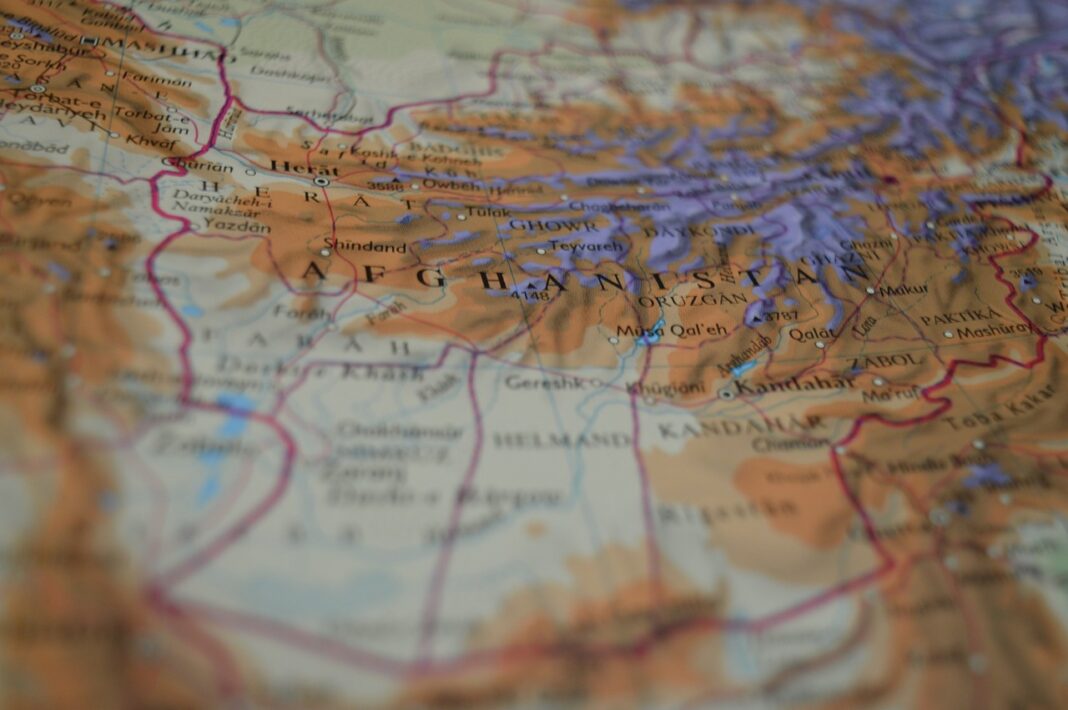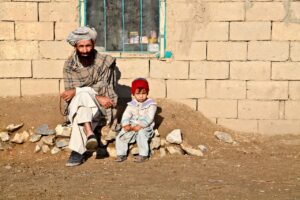Caution, spoilers ahead.
The Kite Runner is unlike any book I’ve ever read. It’s raw and honest, offering a portrayal of life in Afghanistan that doesn’t hold back from the tough realities faced by its people. This novel is primarily an example of historical fiction in that it is set against a backdrop of historic events in Afghanistan, from the collapse of the monarchy to the rise and fall of the Taliban. Hosseini’s writing, though simple at times, captures the characters’ emotions in a way that makes you feel deeply connected to their journey and to a part of the world that is rarely seen through such a personal lens.
1. The Narrative Structure:
The way The Kite Runner shifts back and forth between Amir’s childhood and adulthood is seamless and serves a purpose: a parallel between his growing up and the turbulent change of Afghanistan. This structure within the story makes it much stronger, showing how much our pasts and history of our surroundings shape who we become. I noticed how Amir’s character evolves from idolizing his father and desperately seeking his approval to gradually becoming his own person, balancing his desire for validation with staying true to his own beliefs. I saw this particularly in Amir’s changing relationship with his father. As a child, he desperately seeks his approval, like when he tries to prove his worth by winning the kite tournament, but over time, he learns that seeking validation doesn’t bring true happiness, and he pursues writing against his fathers wishes, something his younger self could never have imagined. It is this character development throughout the story that stands out to me.
2. Integration of Culture:
One of the reasons The Kite Runner stands out is its deep cultural authenticity. Hosseini weaves Afghan terms, traditions, and familial values into the story seamlessly, enriching the narrative and offering a glimpse into Afghan culture without overwhelming the reader. This subtle inclusion, combined with his ability to write about family dynamics with raw honesty, makes the story deeply relatable, especially for readers with strong cultural ties of their own. I enjoyed tracing the timeline of the story, starting in 1975, and observing how the way of life in Afghanistan shifted over the years, for both the upper and lower classes particularly during the war. It was fascinating to follow the country’s history unfold alongside the characters’ journeys.
3. Incorporation of Friendship:
Although The Kite Runner is known for its number of interpretations, my biggest takeaway from the book was how much a powerful friendship can impact one’s life. Despite the class divide between Amir’s privileged family and Hassan’s marginalized Hazara background, their bond remained strong. Amir’s father even treated Hassan like his own son throughout the book, regardless of societal norms and prejudices that saw such a relationship as unacceptable. This showed how genuine connections can rise above the barriers created by class, ethnicity, and societal expectations. Aamir’s father showed him how to love unconditionally, and this is beautifully encapsulated in the line “For you, a thousand times over.” This line was said twice in the story, having about a twenty-six year gap between the times when they were uttered. When Hassan says it the first time in adolescence, it reflects his devotion to Amir,, just a child doing a favour for a friend who he loved as a brother. Years later, when Amir says it to Sohrab (Hassan’s son), it carries the weight of his mistakes and serves as a promise of redemption and hope, as it is the first time he verbally shares that his own deceitfulness caused him guilt. It’s as if, in this moment, he is seeking forgiveness from the reader for abandoning Hassan all those years ago. To me, this line captures the heart of the story, how true friendship and love can endure, heal, and ultimately transform us.
Although the characters in The Kite Runner lived in a world vastly different from my own, their struggles felt universal. Hosseini explores themes of guilt, redemption, and love through characters who are both flawed and perceptive; they aren’t always likeable or moral, but they are undeniably human.
Khaled Hosseini brings his stories to life in a way few can. His books have earned their place among the greats of literature, and I look forward to what this remarkable author will share with us next.



